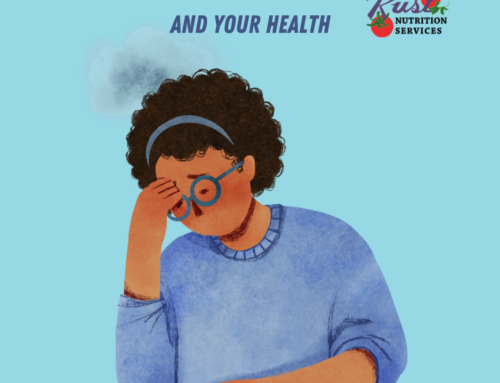How much farther can we go with the “Detox” craze?
What once was a hollywood fad, has become mainstream, and January is the month to market the hell out of it. Just search the word “detox” and you’ll get 11,700,000 hits (yes, that’s over 11 million!) with many articles and website purporting the idea of “cleansing” your body, “aiding in the natural detox process” or “jump starting” your body’s systems. 
Yeah, it’s all pretty much bunk. What makes this worse, is when physicians (who are supposed to be trained in physiology, biology, and medicine) support this stuff. Dr. Oz offers a “48-hour weekend cleanse”, and Dr. Mark Hyman supports a “10-day detox”. Both of these guys are (celebrity) physicians, and the public tends to trusts them. But perhaps that public trust has changed, and unfortunately, these questionable public figures bring other physicians and qualified allied health professionals down with them.
The recent news story about the physician at Cleveland Clinic (where Dr Hyman is also affiliated with) who blatantly wrote an editorial about his anti-vaccination opinion (including that he thinks it causes autism) is another example of how alternative “medicine” deserves to be scrutinized.
There is absolutely zero science to support his claim, but there is lots of science that supports how beneficial childhood vaccines are (remember polio?) for the greater population. You can read his letter and cast your own judgement (he’s a family practice physician). It’s since been edited from the original post on January 6. Cleveland.com had to follow it up with an explanation, which doesn’t seem to address anything about the idea that the public should expect evidence-based medicine from such a medical institution as the Cleveland Clinic.
So while Dr. Neides is worried about pronouncing food ingredient lists, I am more worried about the alternative movement in medicine. For one thing, there seems to be a trend to push this type of treatment using fear-mongering and tried and true fad marketing (e.g. using the word “detox”). Yet they want to be trusted?
Cleveland Clinic’s Alt Med staff includes a “Culinary Medicine” and “Energy Medicine” specialist. I’m not sure what those are. It’s not just doctors who are going alternative routes. Plenty of dietitians use alternative therapies or functional nutrition (functional and integrative are the best terms) in their practice.
Eat a Better Diet
One thing all “alternative medicine” or integrative medicine folks may agree upon: Eat a better diet. The problem is that many won’t agree on what that diet is (dietitians however, generally individualize diets, as opposed to prescribing just one sort of diet plan).
Functional nutrition can certainly have a role in health, and I wholly believe that diet has a huge impact on health and well-being. Certainly treating “the whole” person, and doing a thorough medical exam, is smart practice. Even integrating non-medical treatment that can relieve stress, can benefit health. Massage for stress relief? Yes, but not to treat your chronic pain or your diabetes. Sauna, after a swim? Sure. Is there some science behind acupuncture and chiropractics? Yes. But some practitioners simply go over the line.
Do some people eat crappy diets? Yes, but dietitians work with them to make gradual changes with tried and true recommendations based in science. Do some people need supplements? Yes, but this has to be individualized. Do we identify the “toxic” food in their current diet? Ah, no.
But the issue I have with functional medicine, is not its definition, but the fact that some of the practitioners associated with it seem to have poor medical judgement.
I could not recommend therapies that routinely recommend you avoid certain food groups, or take unnecessary supplements that have no science behind them, promise results, or are completely anecdotal.
Oh but wait, Americans spend 30 billion dollars a year on these treatments…Right. Buyer (follower) beware.




